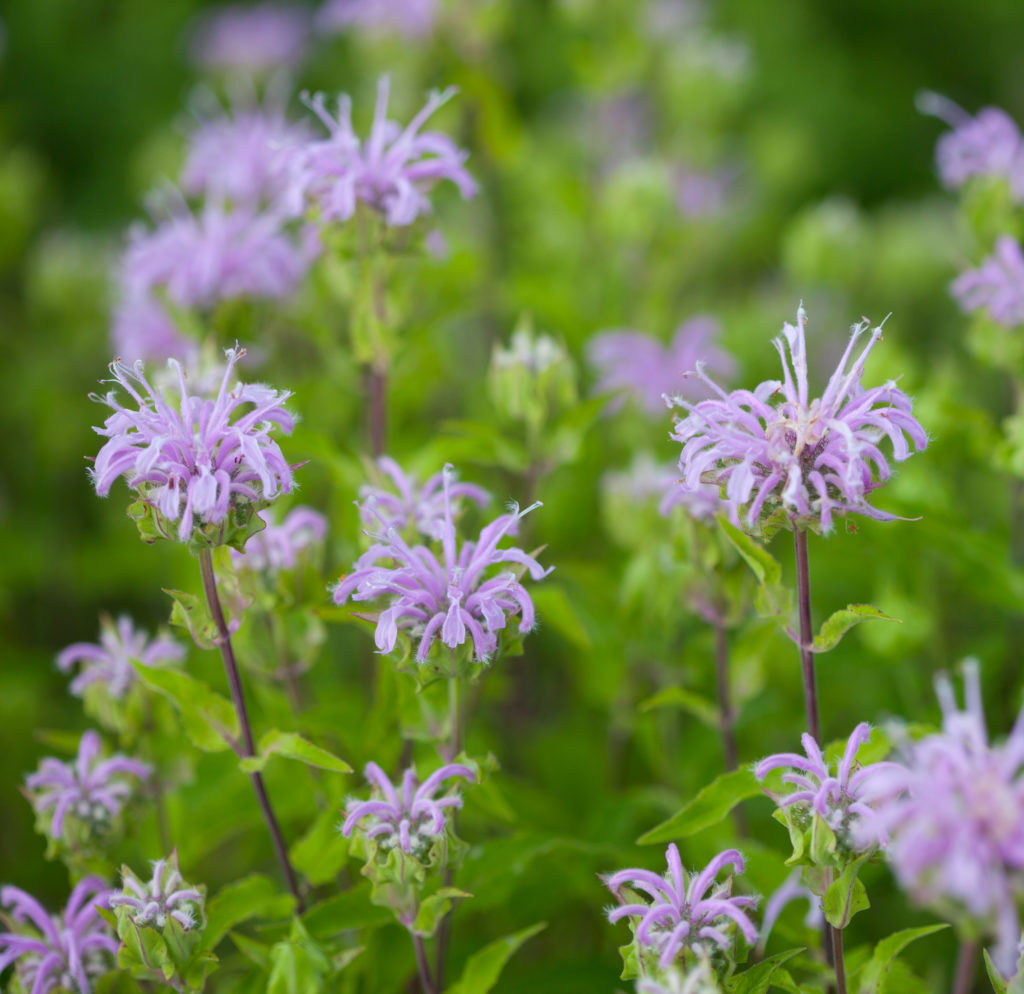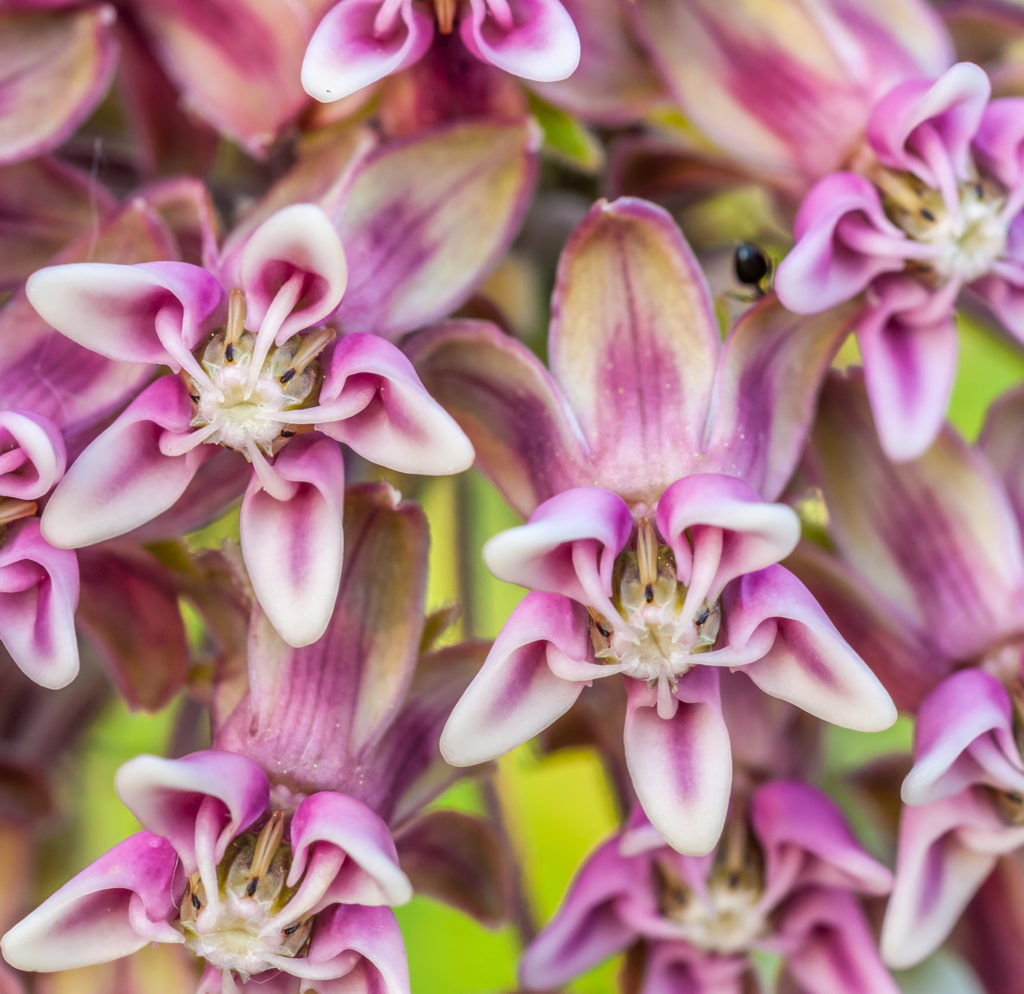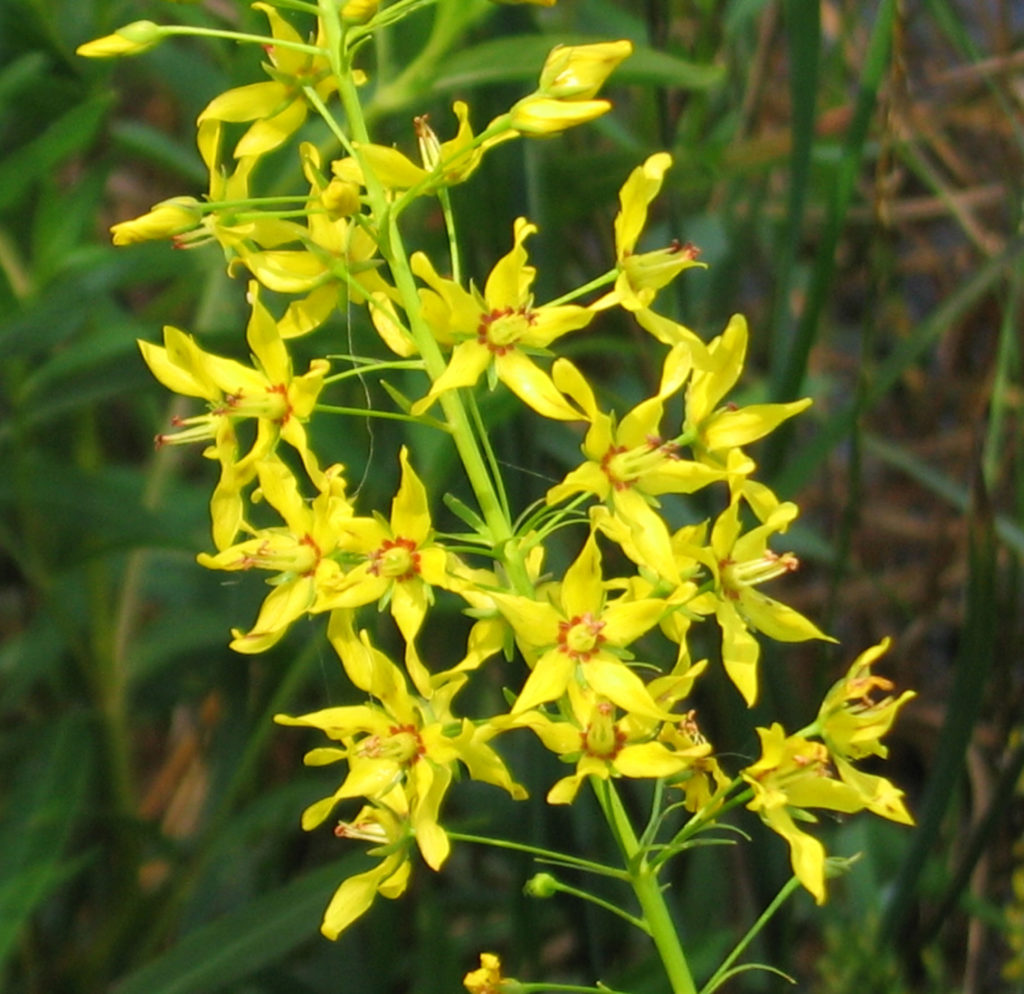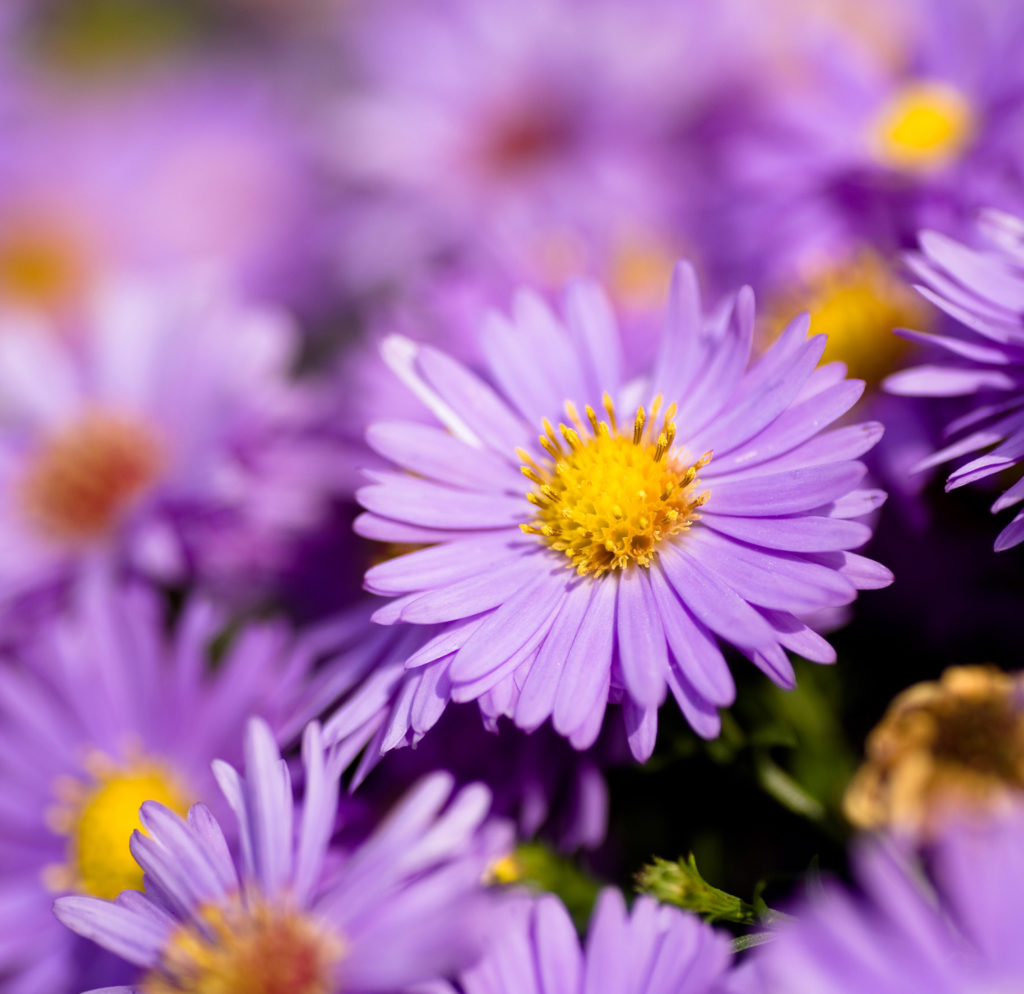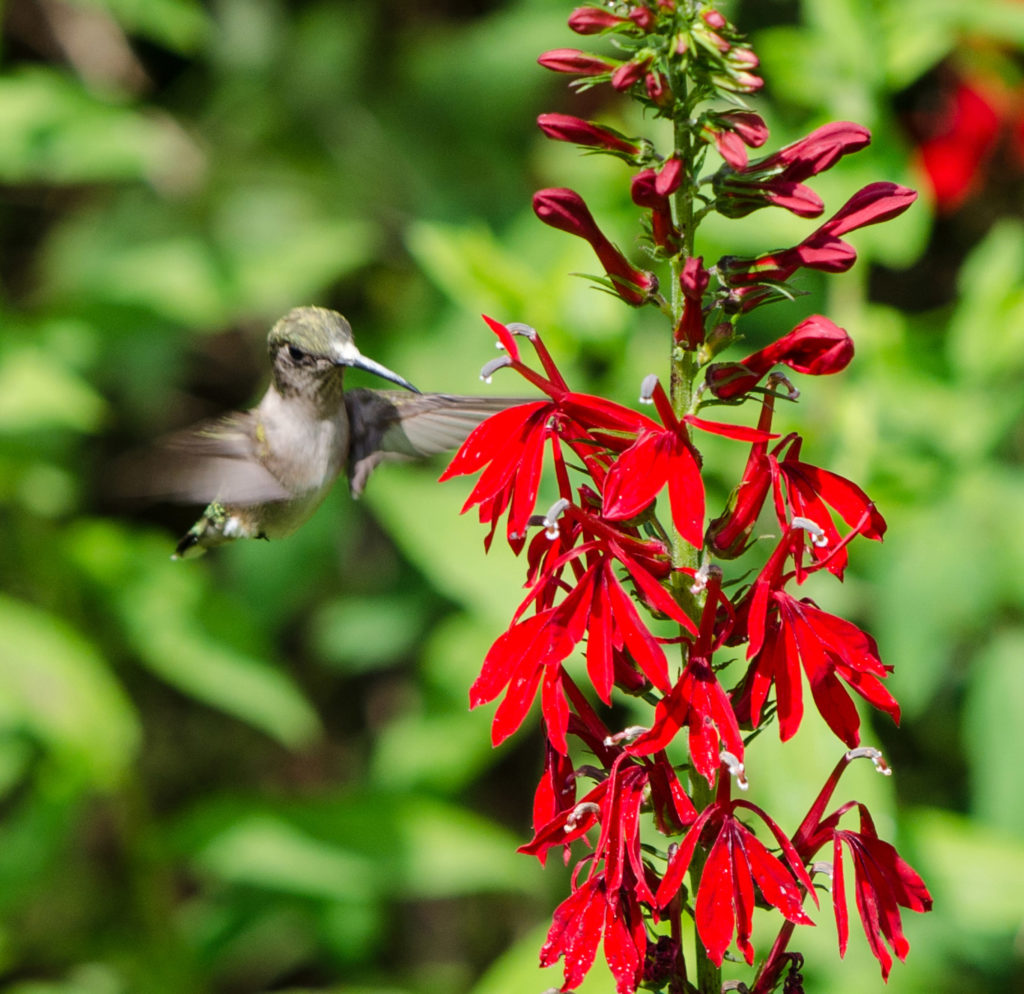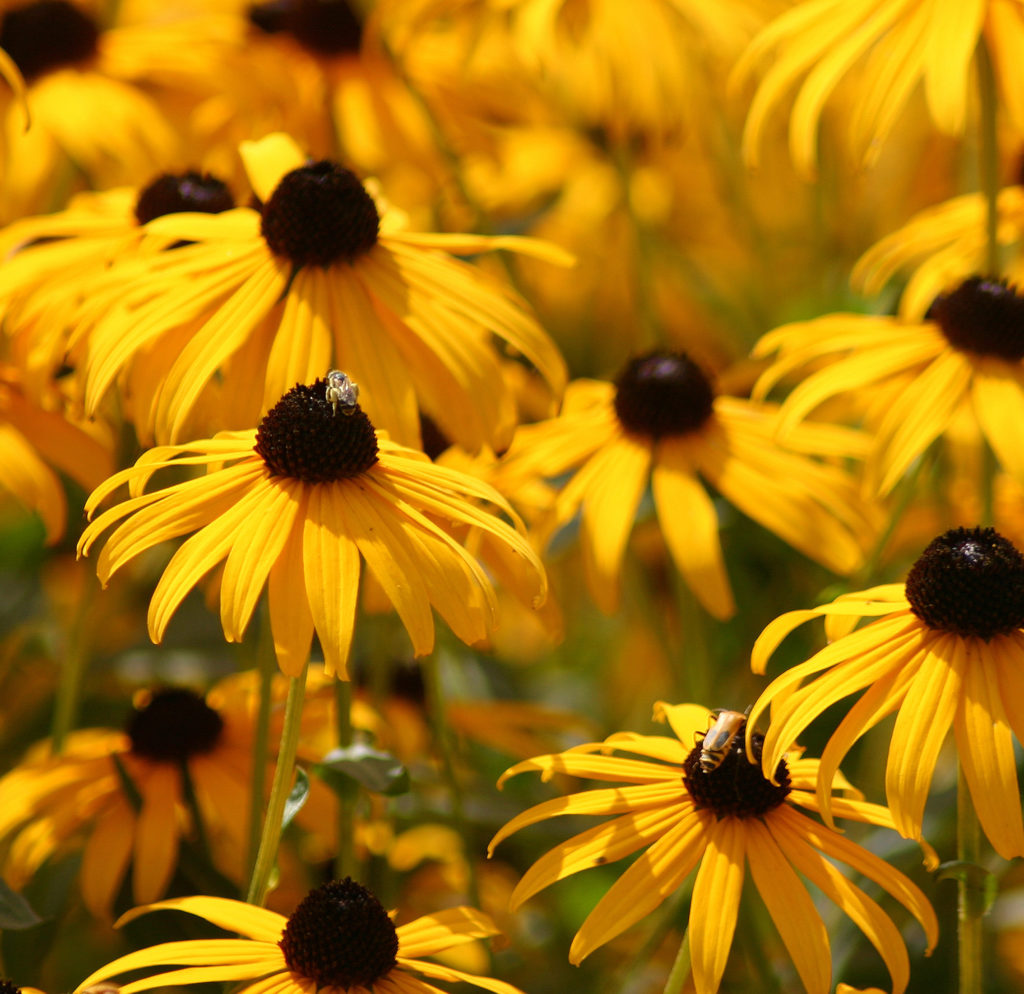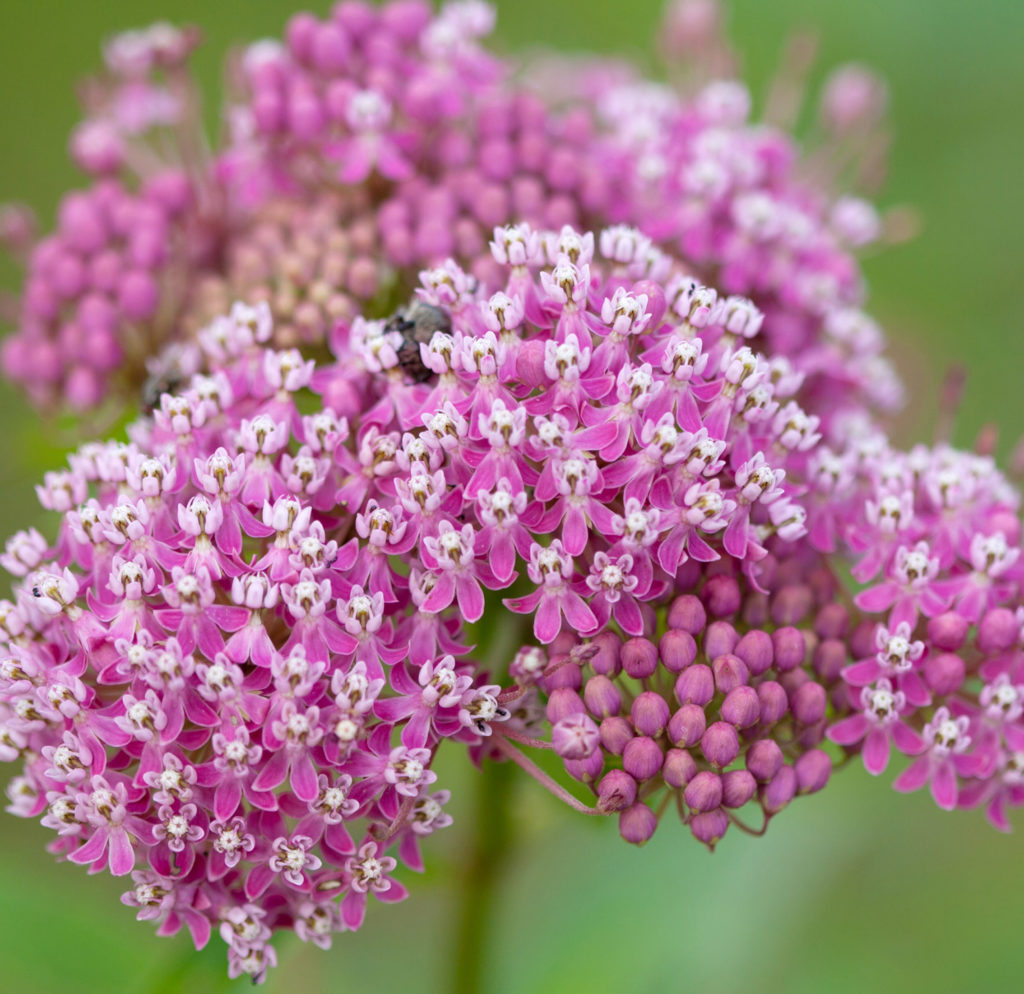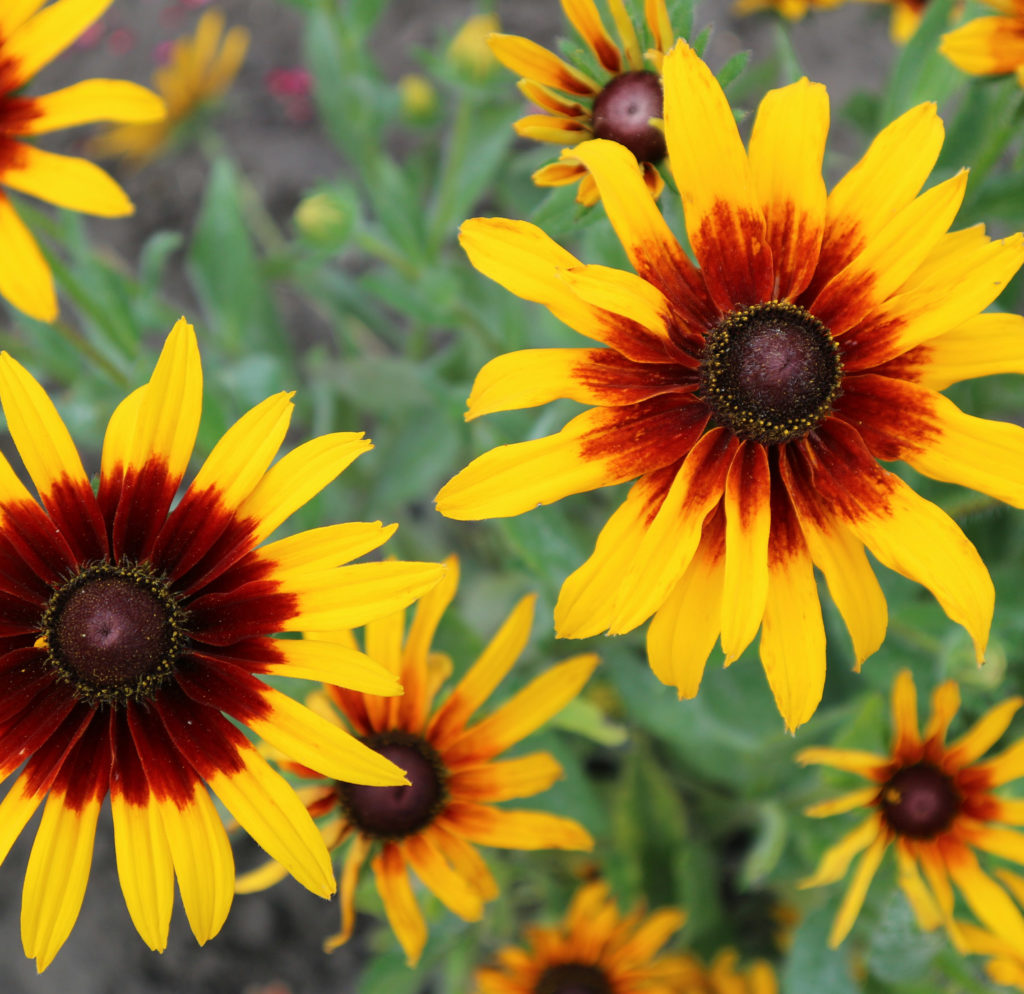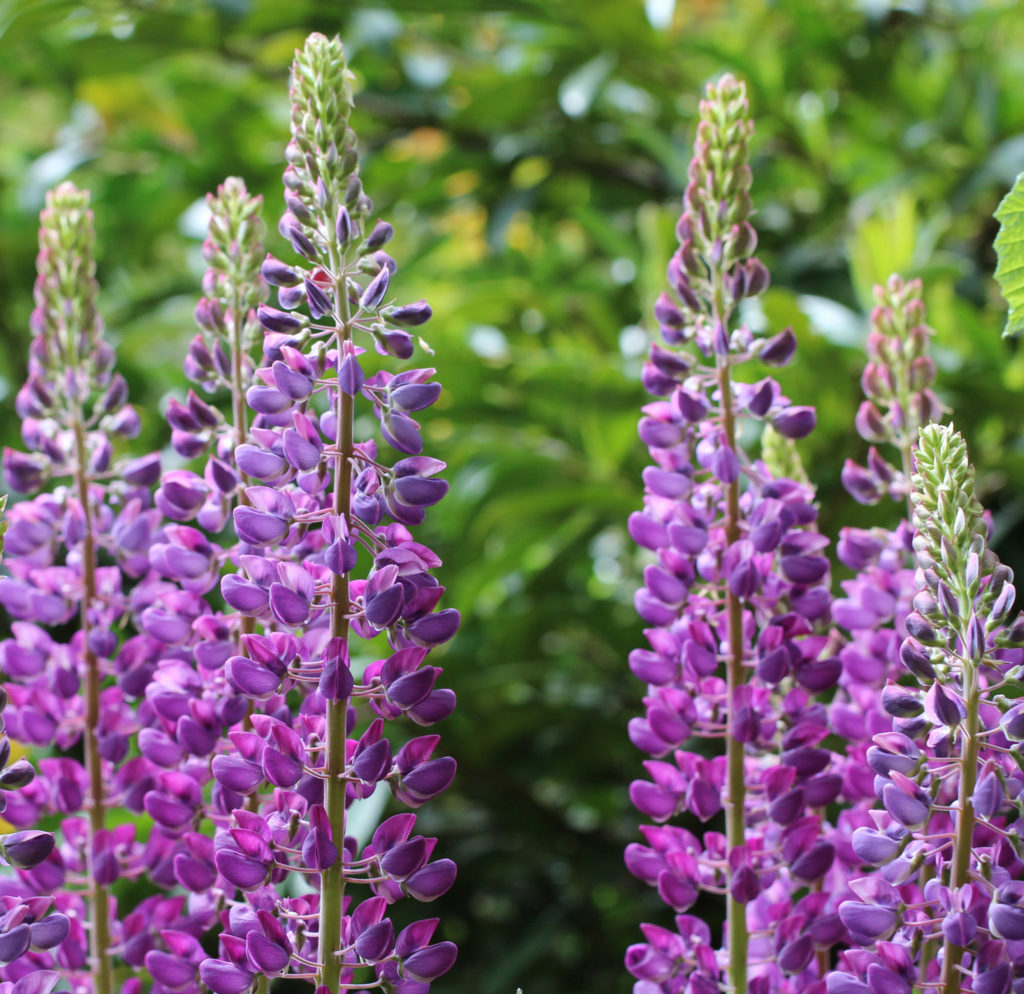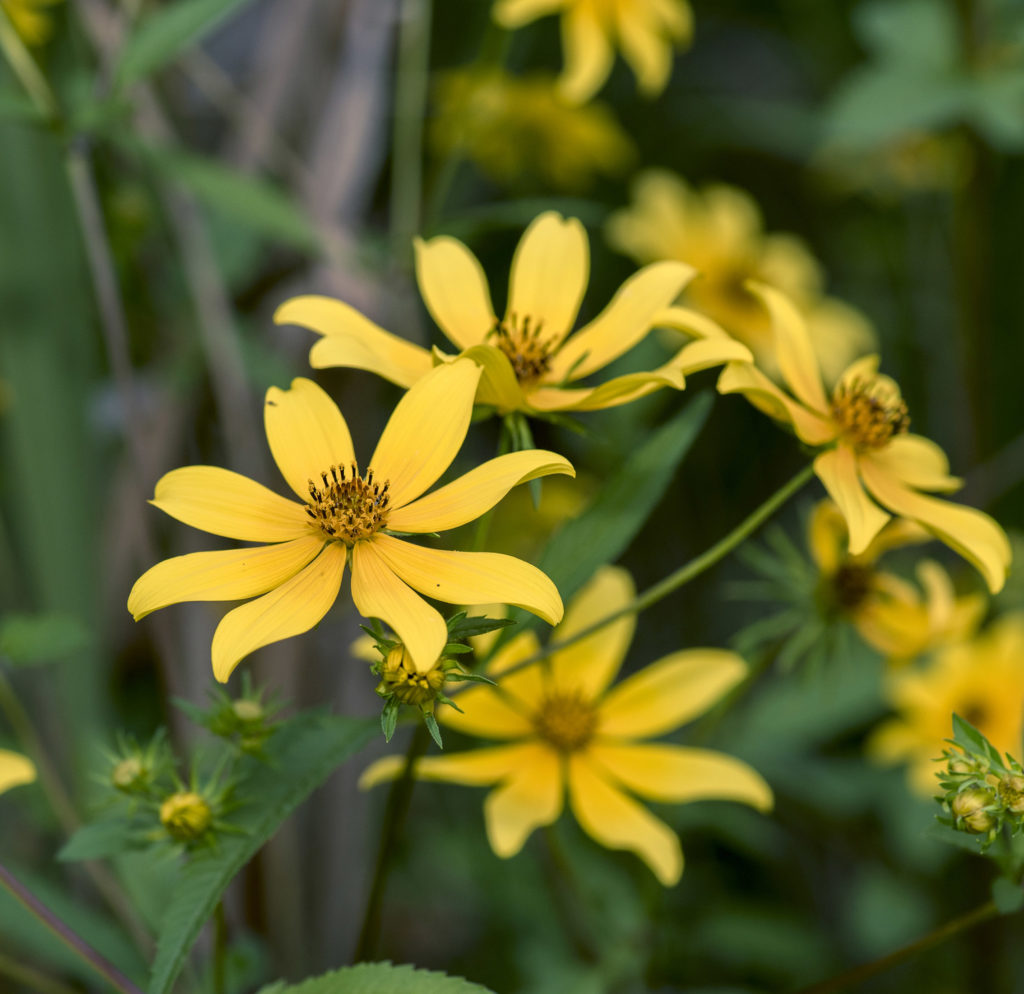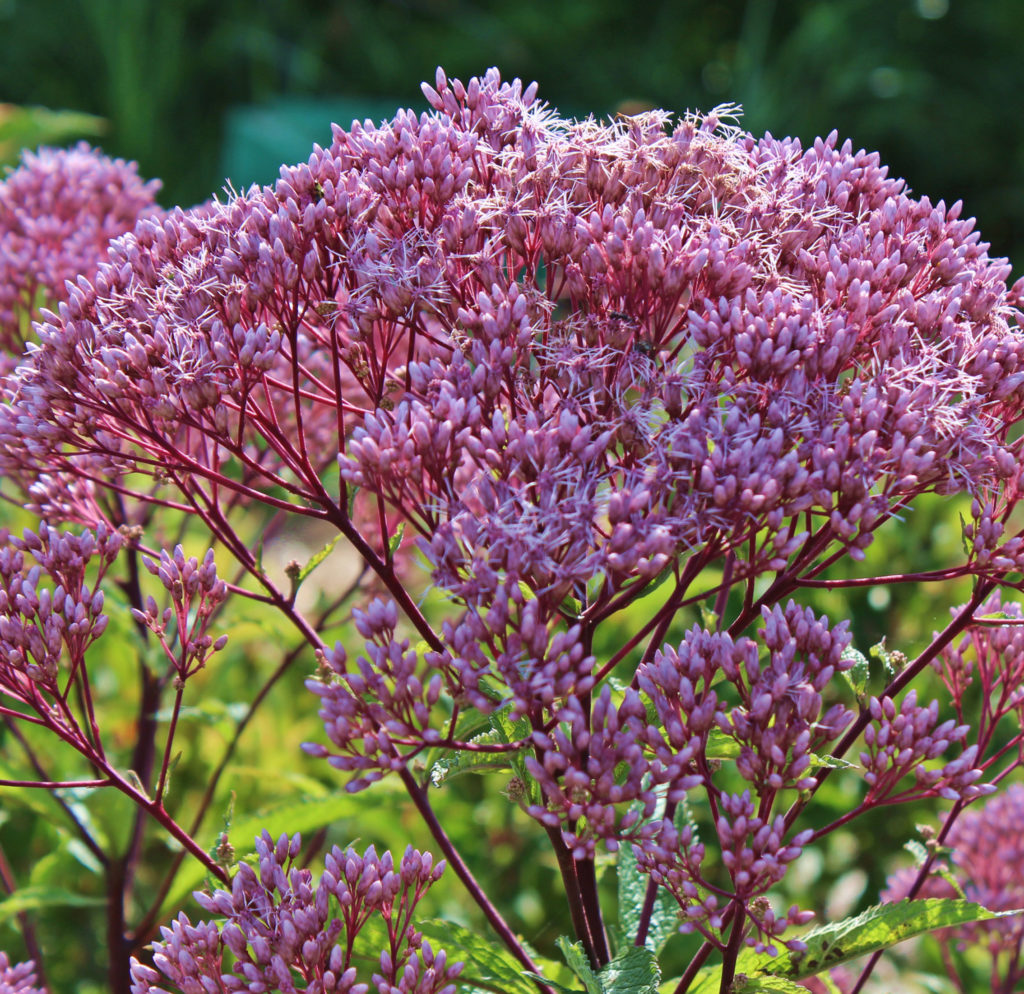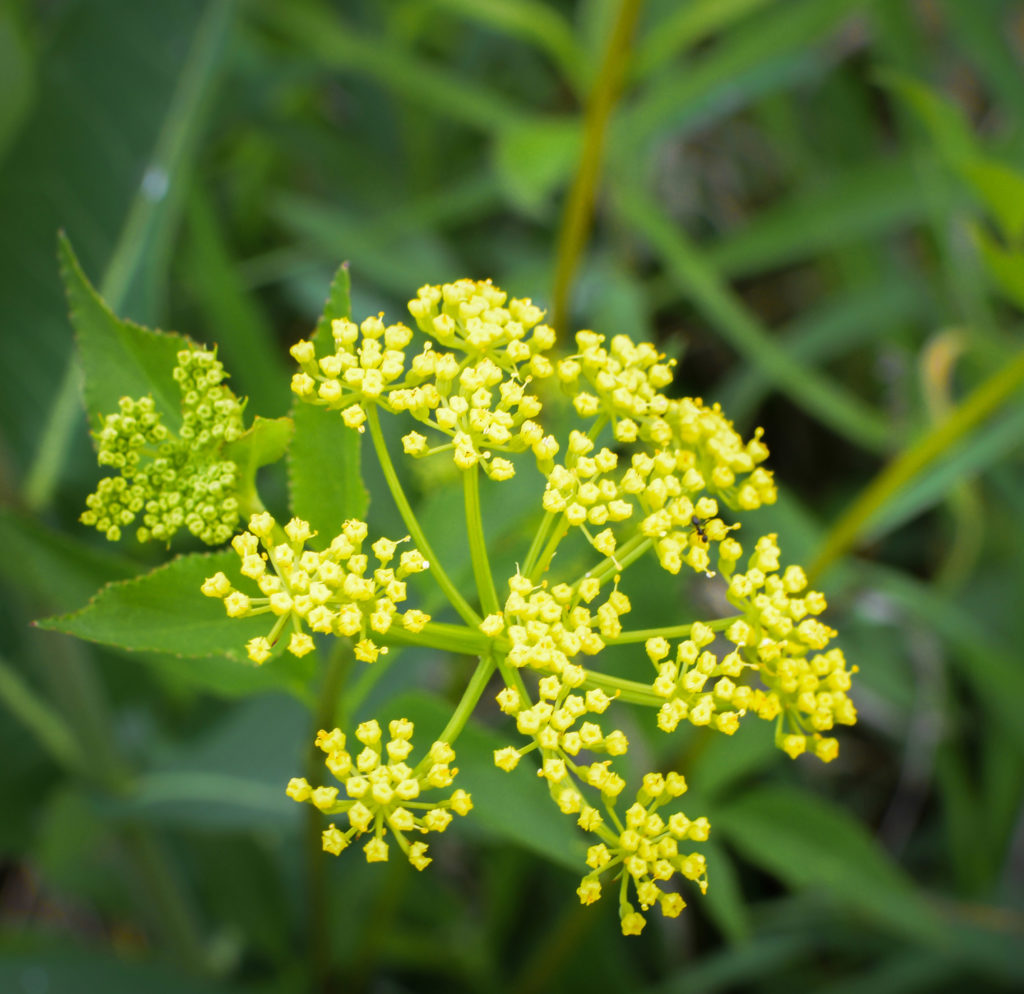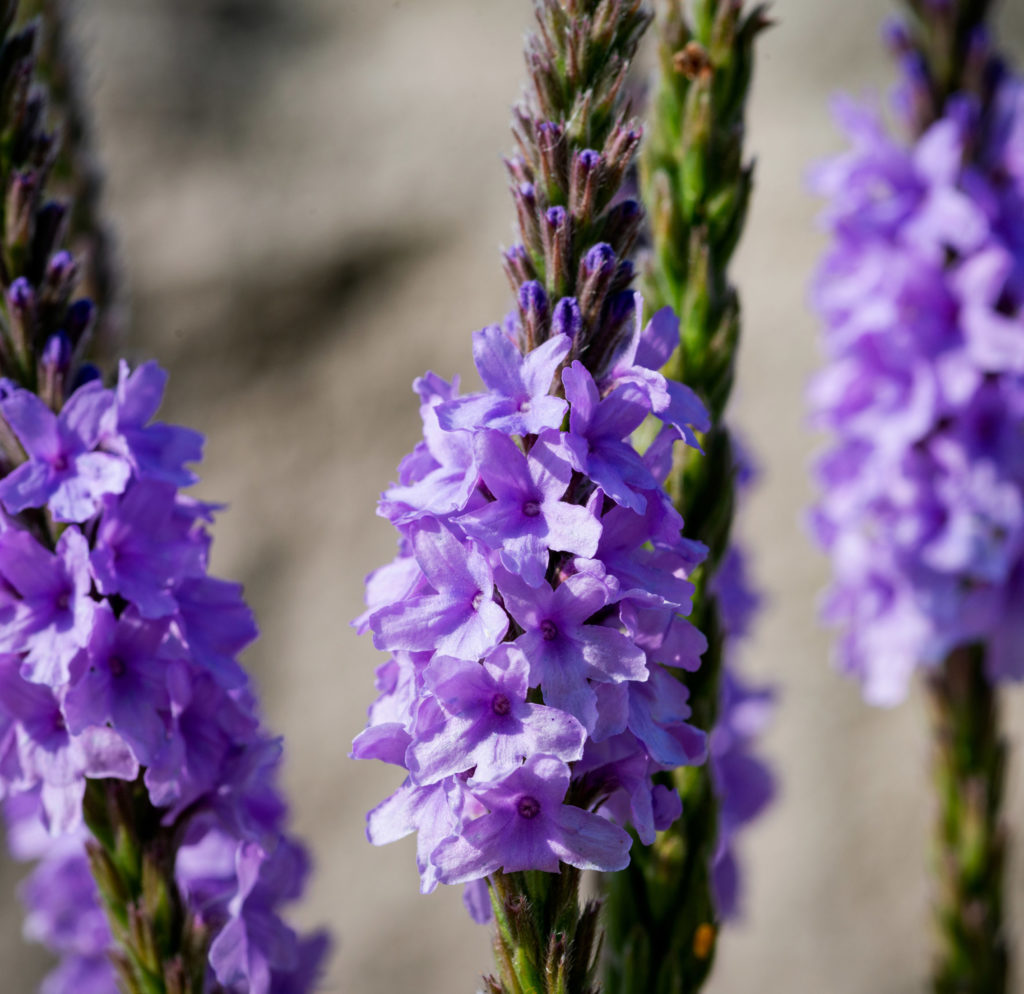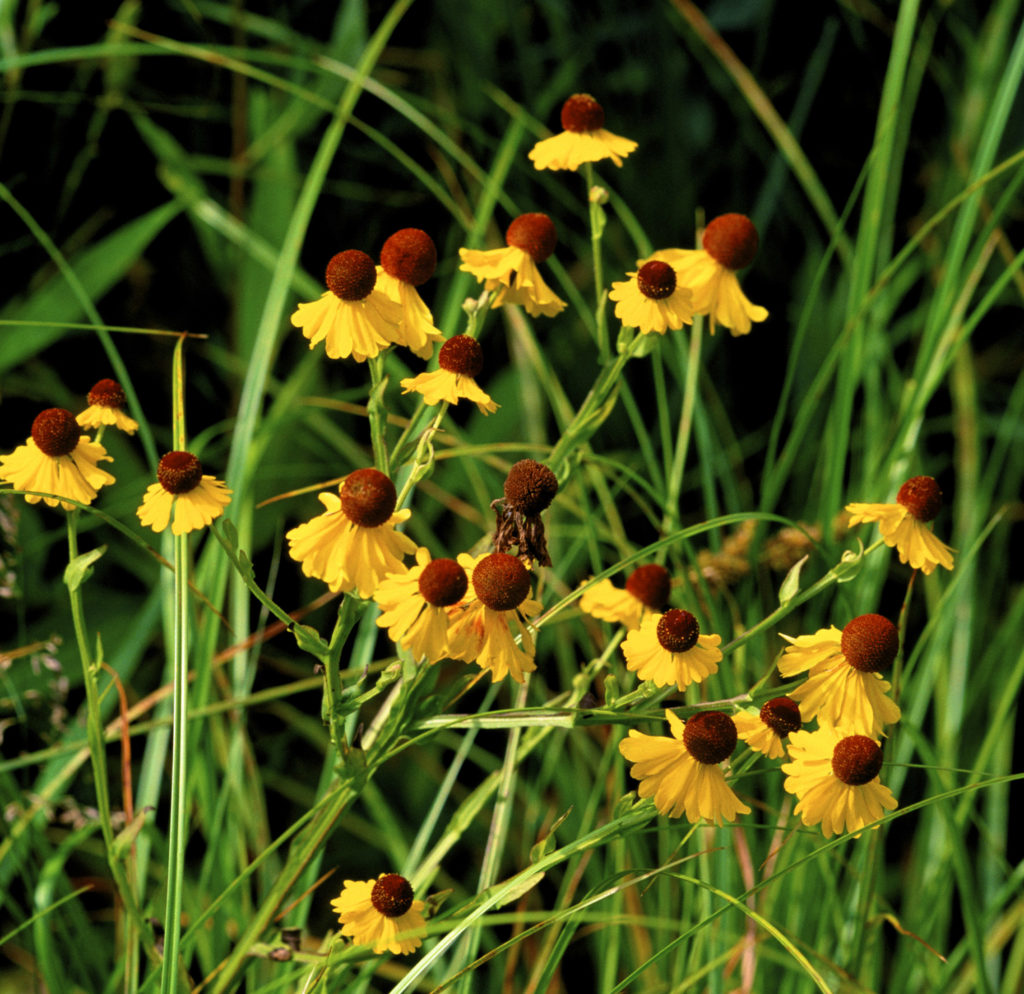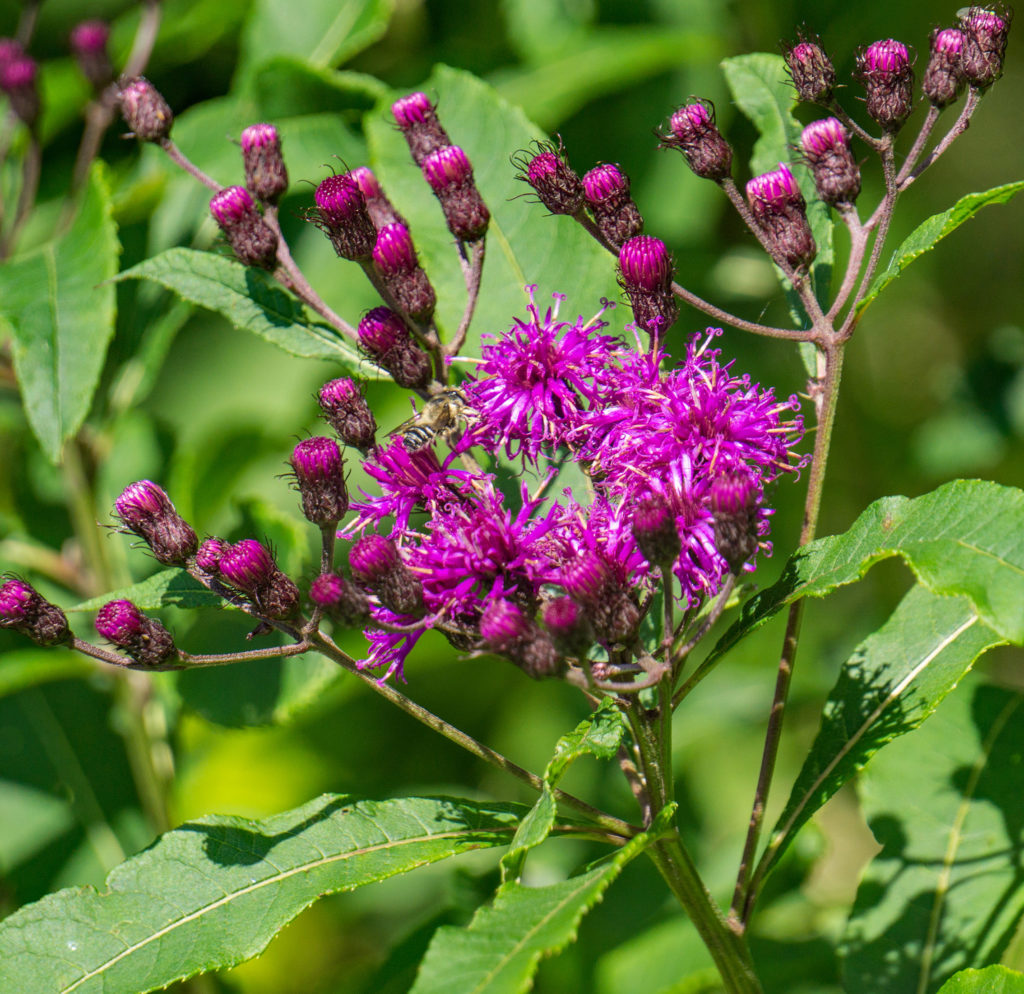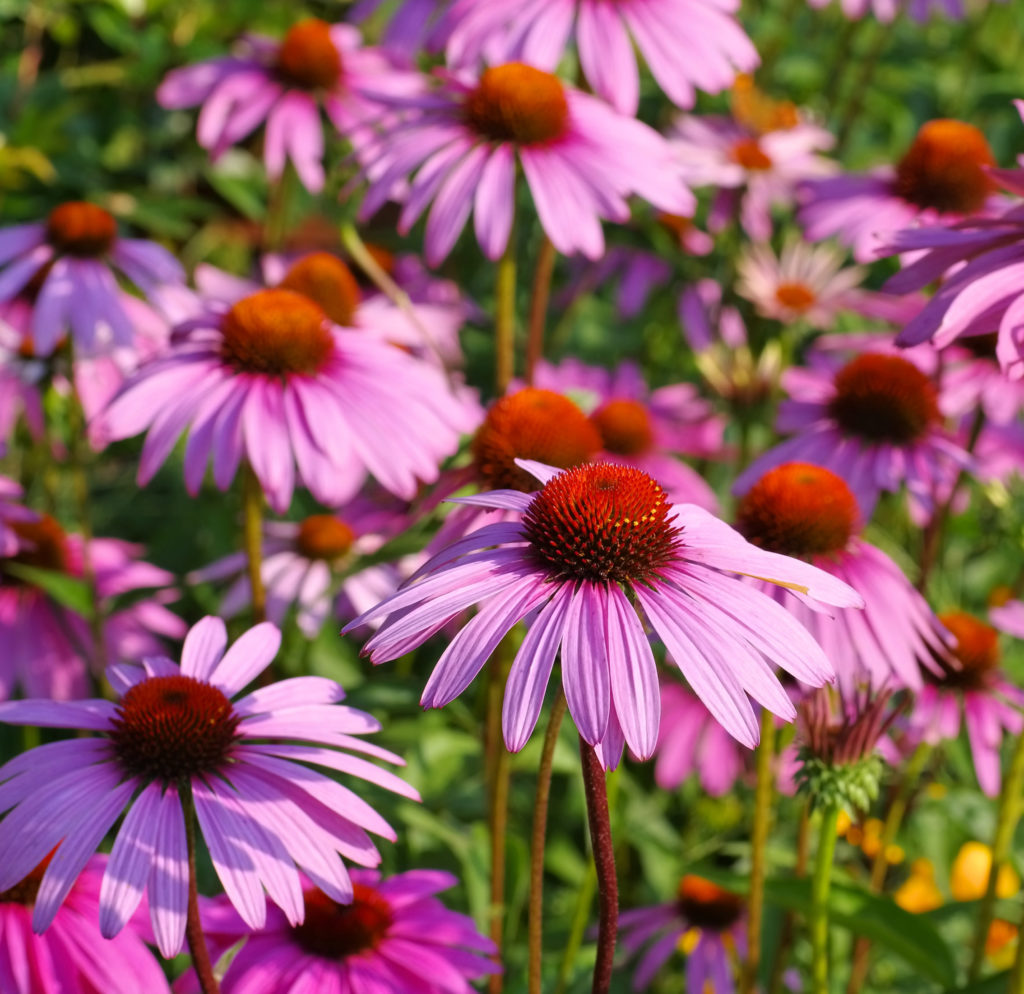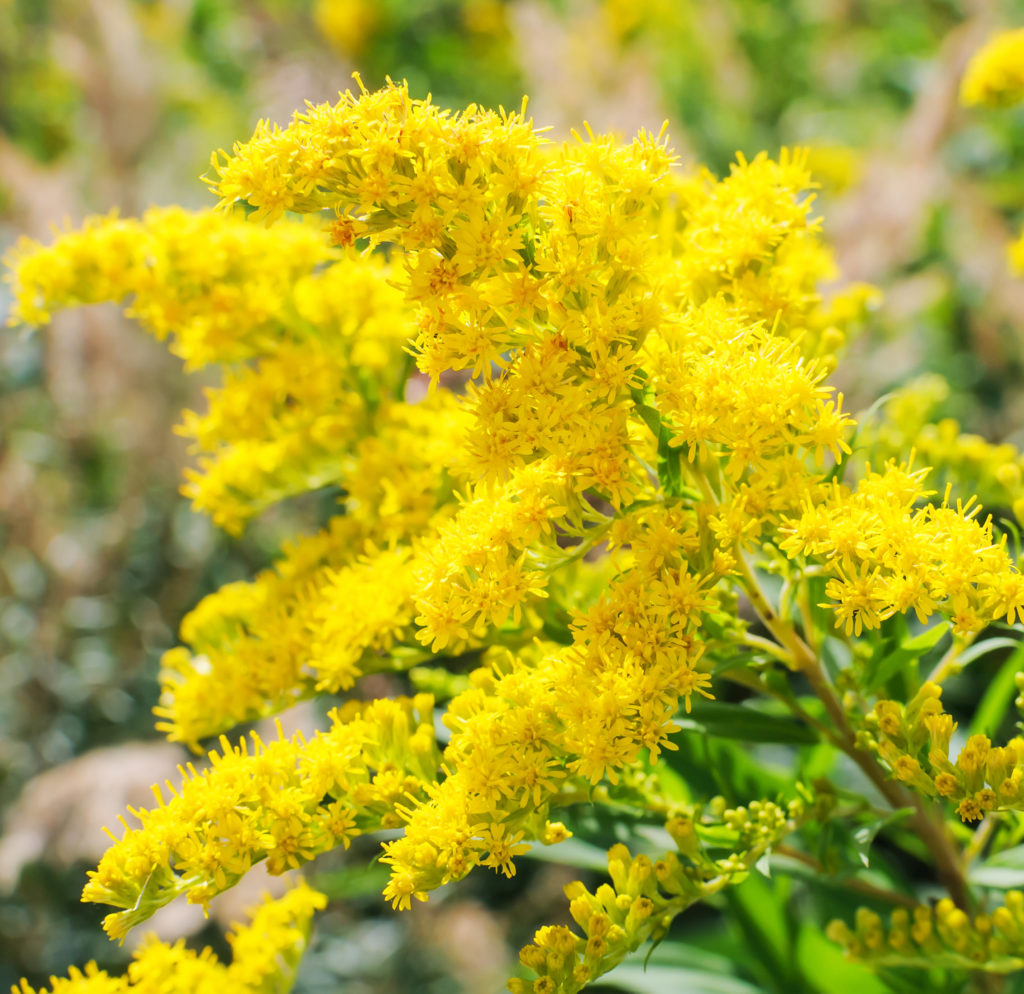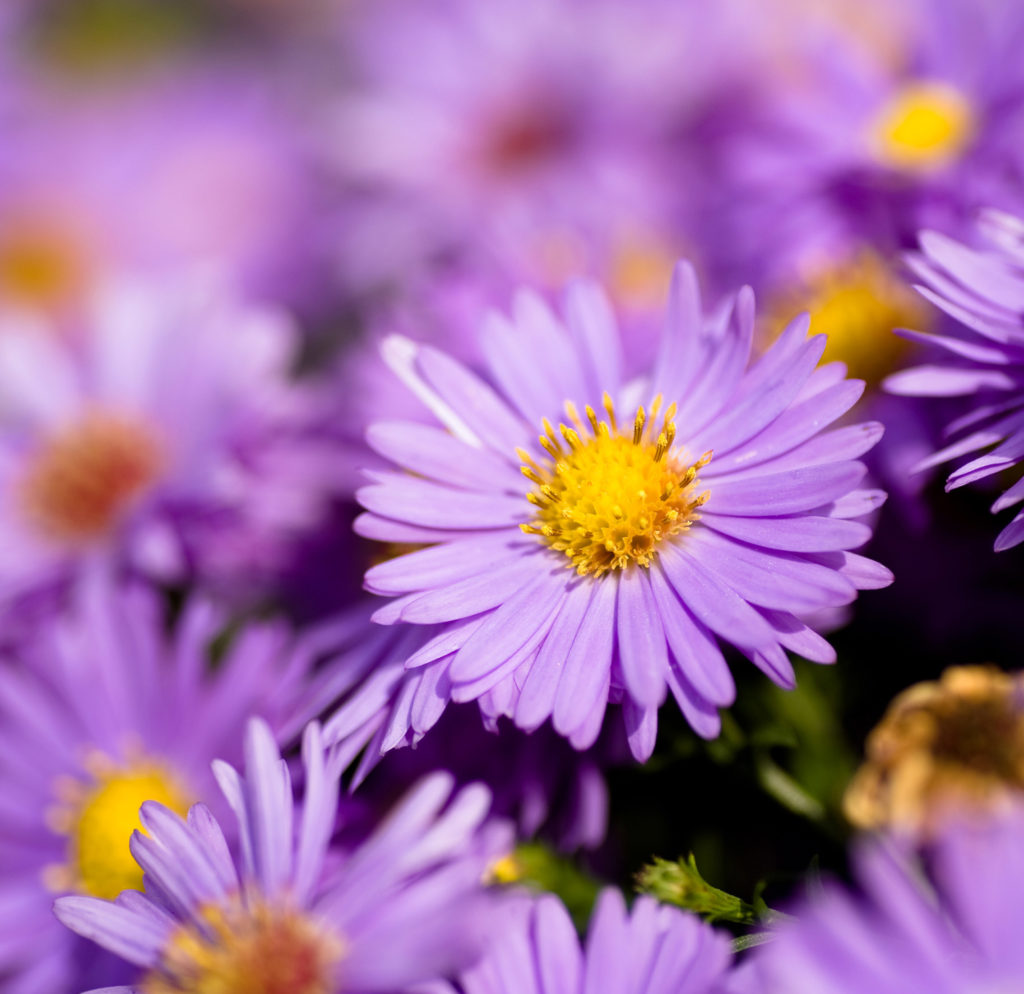
Over the past 30 years, the world’s pollinators – birds, bats, bees, butterflies, beetles, and small mammals – have been declining at a disturbing rate. Considering that our food crops rely on pollination, human existence is tied to that of the pollinators, making their decline as important to us as it is to them.
According to the USDA, “our nation’s pollinator populations have suffered serious losses due to invasive pests and diseases, such as mites and viral and fungal pathogens, exposure to pesticides and other chemicals, loss of habitat, loss of species and genetic diversity, and changing climate.” Many species of pollinators are now extremely rare or nearly extinct. Albert Einstein once said that “if bees disappear, humans would have four years to live.”
To combat this life-threatening problem, Seattle artist Sarah Bergman began what she called a “pollinator pathway,” a one-mile-long, 12-foot wide corridor of pollinator-friendly native gardens to sustain pollinators. The idea has spread, with way stations running from Maryland to Vermont, from Oregon to Ontario. Roadsides, bike paths, private yards, public parks, churches, and business properties have been transformed from grass lawns into native wildflower gardens, each creating a link along the pollinators’ migratory chain.
In Granby, a project is underway to transform a town-owned fallow field into a major link along this chain. Now named the Granby Wildflower Meadow, the 5-acre parcel, located along RT10/202 just south of the town center, is slated to be over-seeded with native flowering plants late this fall. Plant plugs will be placed in the meadow to augment the seeds by anyone willing to help next Spring.
If bees disappear, humans would have four years to live
Albert Einstein Tweet
- Plant native flowering trees, shrubs, and flowers
- Provide a water source for insects
- Leave dead wood and some bare soil for nesting bees
- Mulch your clippings and use them as natural fertilizer
- Leave the leaves until spring for overwintering insects
- Mow less often, or leave a small patch unmowed
- Use alternatives to pesticides
- Don't be too quick to eradicate nesting bees
- Use organic fertilizers
- For more information visit pollinator-pathway.org
Over the past 30 years, the world’s pollinators – birds, bats, bees, butterflies, beetles, and small mammals – have been declining at a disturbing rate. Considering that our food crops rely on pollination, human existence is tied to that of the pollinators, making their decline as important to us as it is to them.
To combat this life-threatening problem, Seattle artist Sarah Bergman began what she called a “pollinator pathway,” a one-mile-long, 12-foot wide corridor of pollinator-friendly native gardens to sustain pollinators.
In Granby, a project is underway to transform a town-owned fallow field into a major link along this chain. Now named the Granby Wildflower Meadow, the 5-acre parcel located along RT10/202 just south of the town center is slated to be over-seeded with native flowering plants late this fall. Plant plugs will be placed in the meadow to augment the seeds by anyone willing to help next Spring.
- Plant native flowering trees, shrubs, and flowers
- Provide a water source for insects
- Leave dead wood and some bare soil for nesting bees
- Mulch your clippings and use them as natural fertilizer
- Leave the leaves until spring for overwintering insects
- Mow less often, or leave a small patch unmowed
- Use alternatives to pesticides
- Don't be too quick to eradicate nesting bees
- Use organic fertilizers
- For more information visit pollinator-pathway.org
With the help of partner organizations, we have identified native plants that we will establish in the wildflower meadow. Below are examples.
Pollinator Pathways
Pollinator Pathways is committed to establishing pollinator-friendly habitats and food sources for bees, butterflies, hummingbirds, and other pollinating insects and wildlife.
Insert Nursery Name, Town Name
Insert nursery description here…


